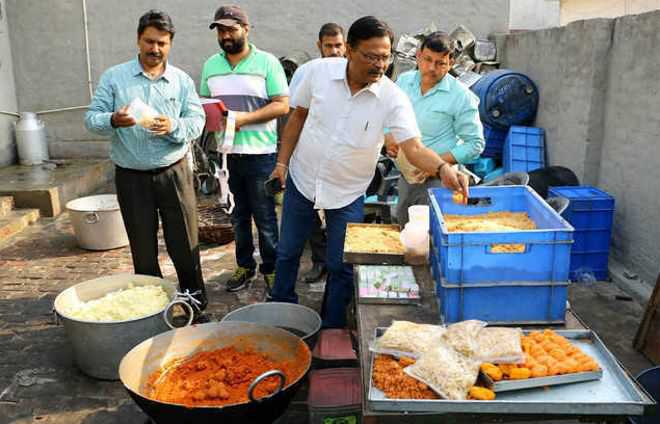The company also misled the consumers by alleged unfair trade practices, false labelling and misleading advertisements.
The Supreme Court of India on January 3, vacated its stay on the Centre's 2015 action seeking damages of Rs6.4 billion (Dh338,057,043) from Nestle India limited - the manufacturer of Maggi noodles - for alleged unfair trade practices, false labelling and misleading advertisements.
The class action is rooted in the case of alleged high lead content and presence of MSG (monosodium glutamate) in Nestle's popular Maggi instant noodles.
The bench headed by Justice D.Y. Chandrachud today vacated the stay of the proceedings before the National Consumer Disputes Redressal Commission (NCDRC) that were stayed way back in 2015 as the top court then was seized of the matter.
While vacating the stay on the proceedings on the class action by the Centre seeking damages of Rs640 crores, the court said the report of the Mysuru-based Central Food Technological Research Institute where the samples of Maggi noodles were tested would form the basis of the proceedings.
The court asked the Centre, the Food Safety and Standards Authority of India (FSSAI), Nestle and others to argue before the NCDRC whether the consumers were misled by the company as contended by the Centre in its class action.
The Supreme Court had in 2015 put on hold proceedings before the NCDRC after Nestle moved the top court challenging the commission's order directing the testing of 16 samples of Meggi noodles to ascertain their safety for consumption.
The NCDRC had ordered the testing of the Maggie noodles in the course of the hearing of the Central government's class action against Nestle India, the manufacturer of Maggi noodles, seeking Rs6.4 billion in damages for alleged unfair trade practices, false labelling and misleading advertisements.
The Commission had directed that out of withdrawn stocks of Maggi noodles in the custody of the Food Safety and Standards Authority of India (of which 100 batch numbers were randomly noted by the local commissioner) 16 samples be sent for testing for presence of lead in any form and of MSG, including their quantity in the samples at the Export Inspection Council of India, Chennai.
Appearing for Nestle, senior counsel Abhishek Manu Singhvi said, "The lead content was found to be within permissible limit and there is some amount of lead in lot of products."
Senior counsel told the court that the Mysuru-based Central Food Technological Research Institute has given the finding that the noodles contained lead "within permissible limits".
However, the Centre contended that the main issue in the class action was not whether noodles were harmful or not, but the company misled the consumers by alleged unfair trade practices, false labelling and misleading advertisements.
